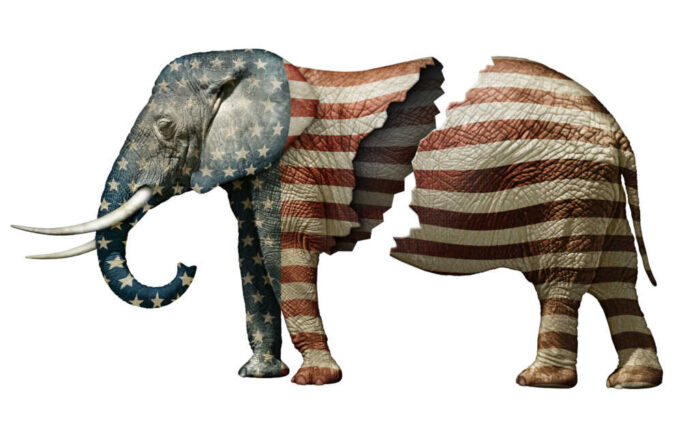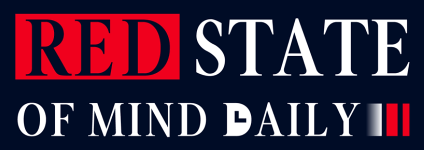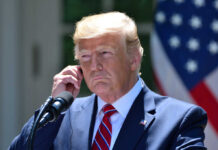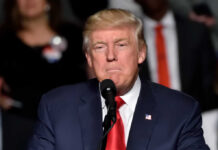
GOP lawmakers are split over the House bill that would prevent the Apple App Store and the Google Play Store from hosting the popular social media platform TikTok after former President Donald Trump changed his position on the bill.
Trump, who initially supported banning the app, reversed his opinion in a Truth Social post, writing, “If you get rid of TikTok, Facebook and Zuckerschmuck will double their business. I don’t want Facebook, who cheated in the last Election, doing better. They are a true Enemy of the People!”
While some Congress members are firm in their initial opposition of the platform, some have been influenced by his change in position. Among those who agree with Trump on the issue is Sen. Rand Paul (R-KY), who offered an alternative solution on X.
“If Congress bans TikTok, they will be acting just like the Chinese communists who have also banned TikTok . . . Why not just defend the first amendment?” he said.
If Congress bans TikTok, they will be acting just like the Chinese communists who have also banned TikTok . . . Why not just defend the first amendment? pic.twitter.com/7eAvKNPdvc
— Rand Paul (@RandPaul) March 8, 2024
“Trump helped solve Tik Tok data problem through Project Texas, which would store and secure all US users data in U.S. So why is the House GOP siding with Biden and still trying to ban Tik Tok?” he wrote in another tweet.
Trump helped solve Tik Tok data problem through Project Texas, which would store and secure all US users data in U.S.
So why is the House GOP siding with Biden and still trying to ban Tik Tok?
— Rand Paul (@RandPaul) March 8, 2024
On the other hand, Republican lawmakers like Rep. Dan Crenshaw (R-TX) holds onto the revelation that TikTok’s data storage is not trustworthy, as pointed out by FCC Commissioner Brendan Carr.
In a post to X, Carr highlighted how TikTok continued to store some private data from its paid creators in China despite Trump’s order during his presidency.
“As Congress moves to require TikTok to divest its ties to the CCP, good questions have been raised about whether privacy laws could address TikTok’s threat. They can’t. Privacy or data flow laws are not the same as national security laws. They solve different problems,” Carr began in a lengthy tweet.
“Indeed, TikTok has demonstrated—repeatedly—that only a structural remedy will be sufficient in its case. For instance, after reporting exposed that TikTok had been misrepresenting its data flows back into Beijing, TikTok told lawmakers that it was changing its ways and walling off U.S. user data from Beijing. Had TikTok abided by that public representation, it would have been some evidence that TikTok’s issues could be addressed through data flow protections. But of course, TikTok had not changed its ways. As the WSJ found, TikTok just kept on sharing sensitive U.S. data with China.”
Pointing out that TikTok “is beholden” to the Chinese Communist Party, Carr argued that “privacy laws alone would not offer any response to TikTok’s national security threat” but “a structural remedy that breaks it free from the CCP’s controls would do that.”
As Congress moves to require TikTok to divest its ties to the CCP, good questions have been raised about whether privacy laws could address TikTok's threat.
They can't. Privacy or data flow laws are not the same as national security laws. They solve different problems.
Just… pic.twitter.com/tAU96YHQSJ
— Brendan Carr (@BrendanCarrFCC) March 9, 2024
During a press conference in which committee members explained the purpose of the bill, Rep. Chip Roy (R-TX) explained that the bill is a way to protect Americans from foreign adversaries.
“A lot of people are going to say that this is anti-technology, or… that this is somehow a specifically anti-TikTok piece of legislation — nothing could be further from the truth. This is about making sure our foreign adversaries cannot be targeting Americans,” he said.




























